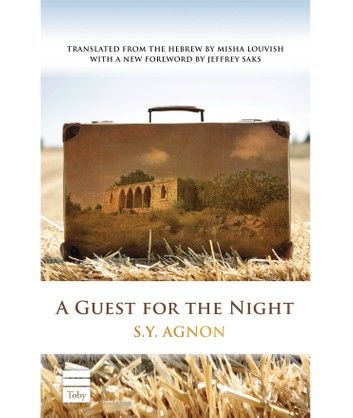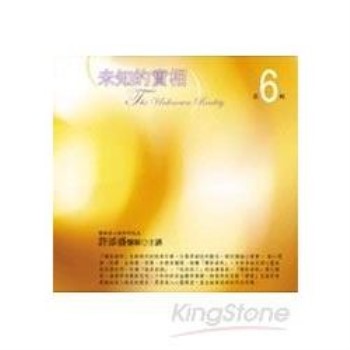A Guest for the Night (first published in 1939 as Germany invaded Poland) is Agnon’s depiction of how all modern movements aside from Zionism – secularism, Haskalah, socialism, communism – failed to provide a viable alternative to traditional life. But, he is clear, even traditional life was untenable, because it all fell apart from within before the first furnaces were ignited in Auschwitz. Even the Guest’s well-intentioned attempt to revivify and to re-engage the lost world of piety is also doomed. The Alte Heim, the old home, can no longer exist – it is a place where we can only be passing guests for the night. Therefore “you can’t go home again,” but not for the reasons that Thomas Wolfe suggests; rather, because home no longer exists. It has to be rebuilt, but it can only be rebuilt in the Bayit Hadash, in the new home in the Land of Israel. This is Agnon’s greatest theme in the novel and, in differing ways, throughout his body of writing: The idea that modern man, modern Jews, are alienated from their spiritual home. While we can’t go home again, that doesn’t mean we can’t move forward through conceiving of a new home – although doing so comes with the great danger of being caught in the disconnect between the old and the new, between what was and what might be.











